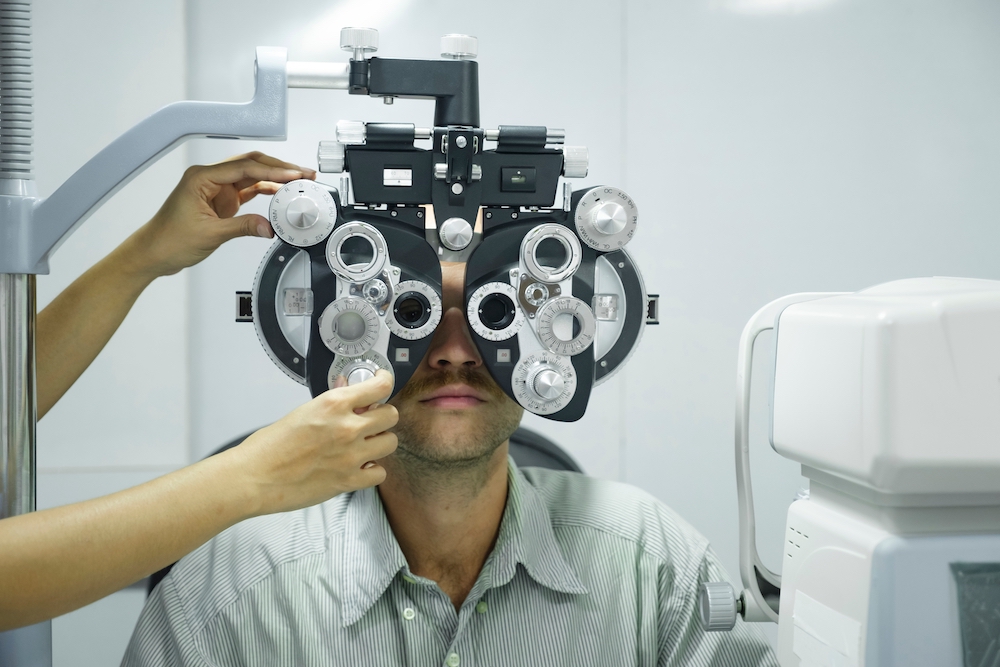
Everyone lives a busy life in today’s world. Juggling between your career, family, and tasks can be overwhelming. In such cases, remembering to get your eyes examined can be the least of your worries. However, skipping eye exams can cause more harm than you may imagine. To help you book your eye exam appointment and resolve to prioritize your vision and eye health, read on to learn how often you need an eye exam.
Why Regular Eye Exams Are Vital
Most people need to understand why a regular eye exam is necessary for their wellness and general health. Creating a habit of getting your eyes examined regularly gives insight into diseases and conditions that can affect your entire body.
Eye exams also catch vision issues and eye diseases that do not show outward symptoms or signs until you get eye damage or vision loss.
How Often You Need an Eye Exam
The frequency of getting eye exams depends on variables like your health and age. Typically, it is advisable to get an eye exam every two years if you are between 18 and 64 years old. As you grow older, your risk of developing conditions like cataracts increases. As a result, individuals above 65 years should get annual eye exams.
When to Get an Eye Exam Early
Your eye specialist will advise you not to wait until your next appointment if you have any vision concerns. Some eye symptoms and conditions may need immediate addressing. You do not want to put your vision in danger if you face an eye emergency. Early treatment is always the best way to ensure you have healthy eyes.
Below are some signs and symptoms that you may have an eye emergency:
Eye pain
Tunnel vision
Chemical burn or contact
Seeing dark spots in your field of vision
Sudden loss of vision
Substantial eye discharge
Sudden flashes and floaters in your field of vision
A foreign object in the eye
Corneal abrasion
Sudden blurry vision
What to Expect
During your visit to the optometrist for an eye exam, there are various steps you will undergo. First, your eye specialist will ask about your medical history to learn more about your eye health. They will need to know about family history to identify if you are at risk for any condition with a genetic component.
Your optometrist will do a visual field test to measure the scope and sensitivity of your peripheral and central vision. You will also look at a Snellen chart with letters to help them fine-tune the prescription you will receive. An ocular coherence tomography will help build your retina image and the internal parts of your eyes.
Keep Your Eyes and Vision Healthy
Being diligent in protecting your eye and vision health is priceless. Regular eye exams are a worthwhile investment. There are different ways you can care for your eye and vision health, like eating healthy foods, exercising regularly to maintain a healthy weight, and avoiding excessive drinking and smoking.
Know your risk factors and family history to help prevent any triggers to your eye and vision health. Always wear protective eyewear and sunglasses when outdoors. Finally, limit your use of digital devices and screen time.
To find out how often you should get an eye exam, contact Special Eye Care at our office in Camp Springs, Maryland. Call (301) 298-3241 to book an appointment today.




